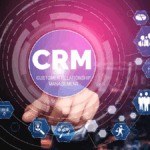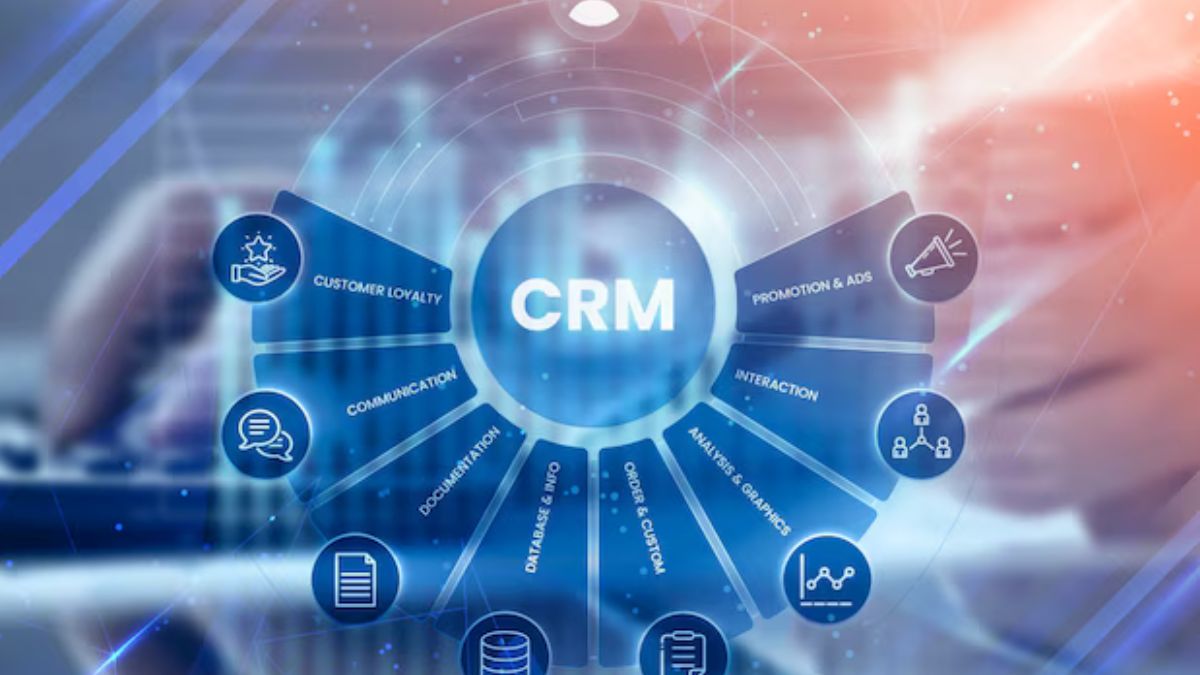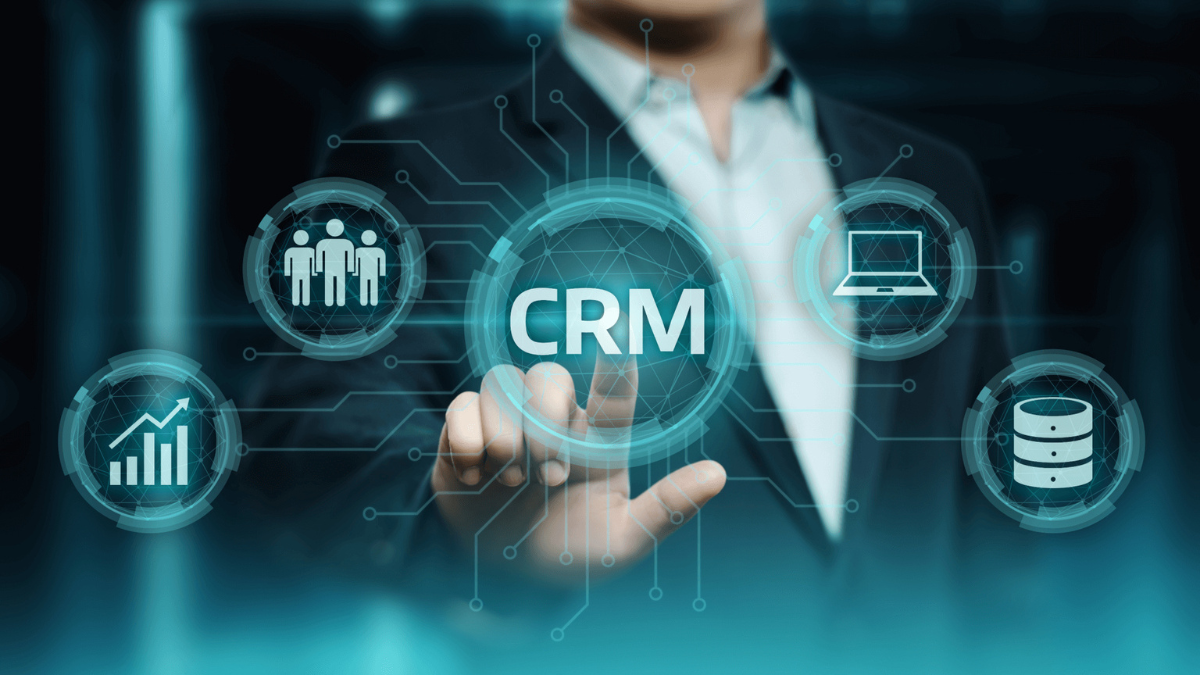CRM software is a digital tool that helps businesses manage their interactions with both current and potential customers. It centralizes customer data—including contact information, communication history, sales activity, and support requests—into one easy-to-access platform.
By using CRM software, companies can streamline their workflow, enhance communication, and deliver better customer experiences.
What Does CRM Software Do?
Here are the main functions of CRM software:
- Contact Management: Store and organize customer and lead information in a searchable database.
- Sales Management: Track deals, forecast revenue, and manage pipelines.
- Task Automation: Automate follow-ups, reminders, emails, and updates to save time.
- Marketing Integration: Segment your audience and run personalized marketing campaigns.
- Customer Support: Log service requests, manage tickets, and track issue resolution.
- Analytics and Reporting: Measure performance, identify trends, and improve decision-making.
Why Your Business Needs CRM
Even if you’re running a small business, managing customer relationships manually—via spreadsheets or sticky notes—is inefficient and prone to errors. Here’s why CRM matters:
- Organized Data: All your customer information is in one place.
- Improved Customer Experience: Personalized service builds loyalty and retention.
- Faster Sales Cycles: Automated follow-ups and reminders keep deals moving.
- Better Team Collaboration: Sales, marketing, and support can work together seamlessly.
- Growth Ready: As your business grows, your CRM scales with it.
Types of CRM Software
There are three main types of CRM platforms:
- Operational CRM – Focuses on automating and improving business processes (sales, marketing, support).
- Analytical CRM – Focuses on analyzing customer data for insights and decision-making.
- Collaborative CRM – Helps different departments share information and work together.
Many modern tools are all-in-one CRMs, combining all three types into one platform.
Popular CRM Tools for Beginners
If you’re new to CRM, here are some user-friendly and budget-friendly options:
- HubSpot CRM – Free version available, easy to use, good for small businesses.
- Zoho CRM – Affordable and customizable with lots of integrations.
- Freshsales – Simple interface and strong automation features.
- Salesforce Essentials – A scaled-down version of the popular enterprise CRM.
- Pipedrive – Visual pipeline view that’s ideal for sales-focused teams.
How to Choose the Right CRM
Ask yourself these questions:
- How many users will need access?
- What features do we really need (e.g., email marketing, task automation)?
- What’s our budget?
- Does the CRM integrate with tools we already use?
- Is it easy to set up and learn?
Start with a free trial or freemium version to test what works for your team.
Final Thoughts
CRM software isn’t just about keeping contacts organized—it’s about growing your business. From lead nurturing to customer retention, CRM helps you deliver better experiences and close more deals. Whether you’re a solopreneur or leading a growing team, getting started with CRM today will set you up for long-term success.











